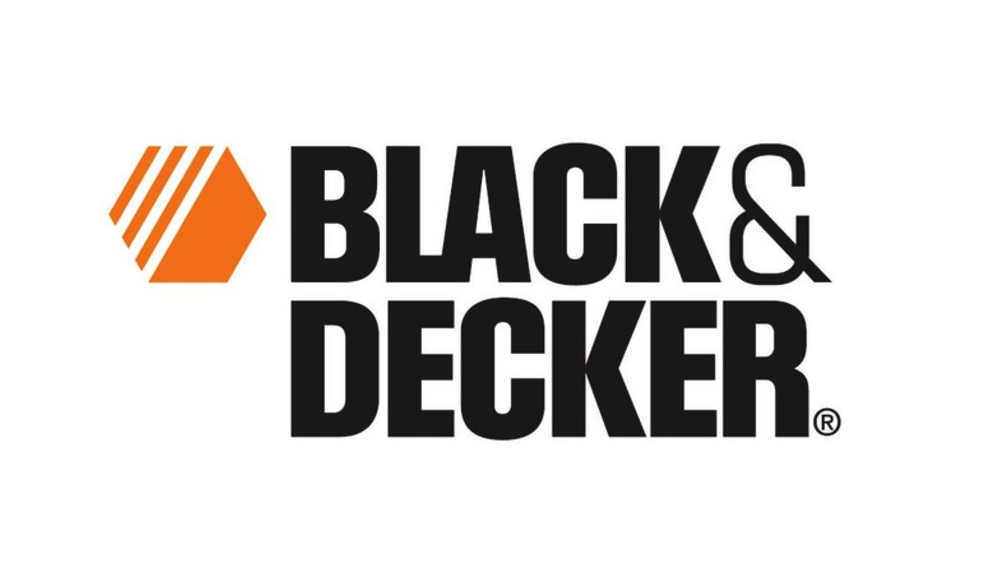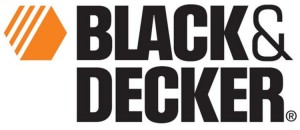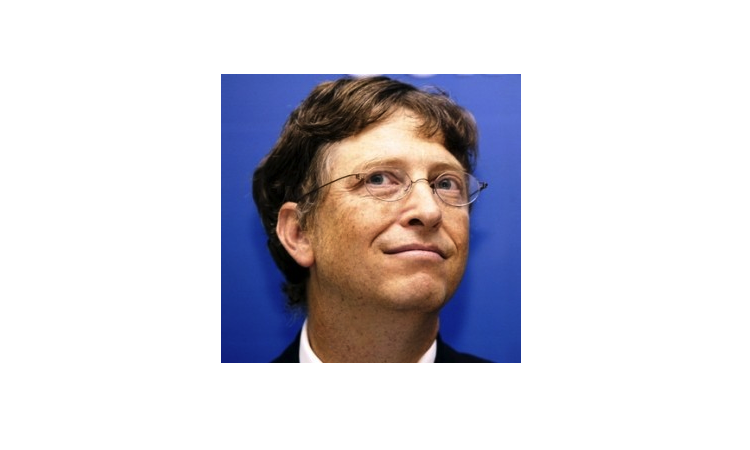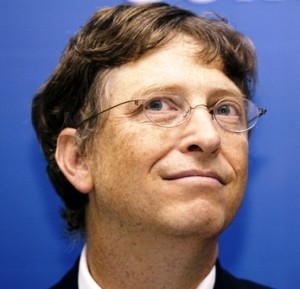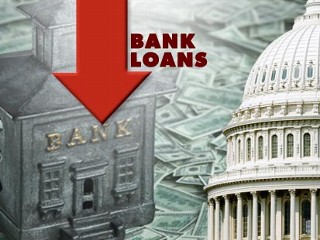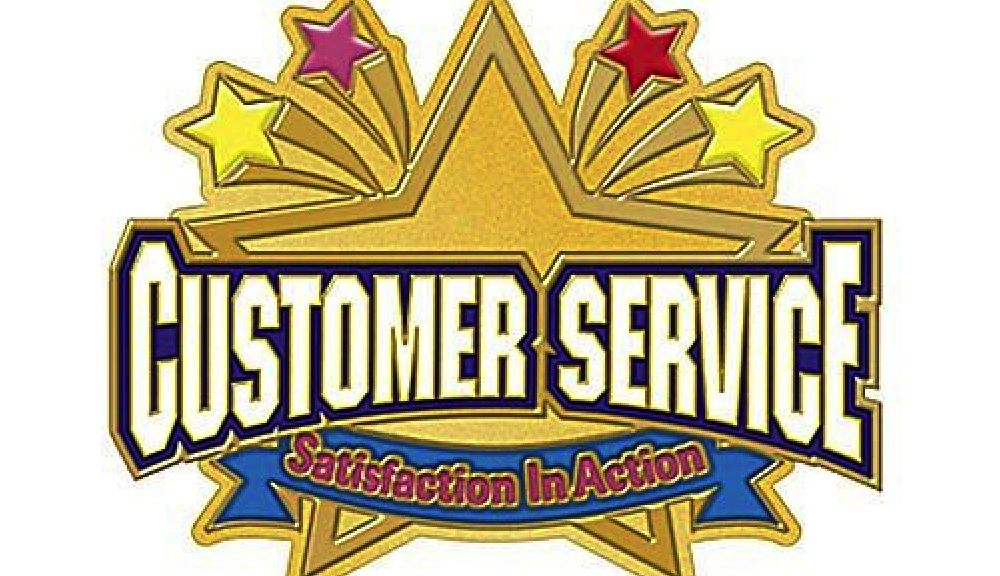Lee Iacocca: Don’t Go Quietly, Address Criticism With Strong Responses
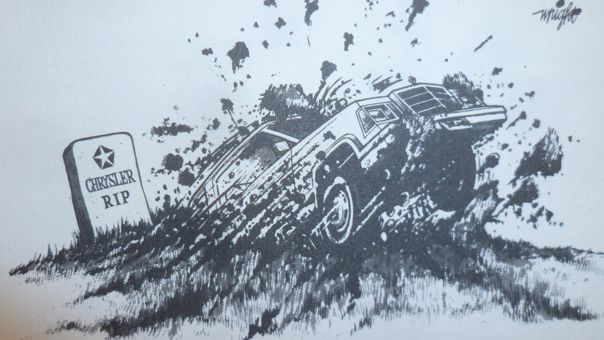 During the government negotiations over a Chrysler bailout, K&E put ads together to emphasize that Chrysler was in trouble but that America would be worse off if Chrysler no longer existed. The goal was to restore faith in Chrysler directly to the public. People had questions about Chrysler’s future and these newspaper ads addressed those concerns.
During the government negotiations over a Chrysler bailout, K&E put ads together to emphasize that Chrysler was in trouble but that America would be worse off if Chrysler no longer existed. The goal was to restore faith in Chrysler directly to the public. People had questions about Chrysler’s future and these newspaper ads addressed those concerns.
Lee Iacocca: Sacrifice Comes From the Top Down
People are willing to accept pain if they know that everyone else is also accepting that pain. After getting the government loan guarantee, Iacocca reduced his salary to $1.00 per year because he believed that leaders should set an example. By doing so (for good pragmatic and cold reasons makes sense) Lee could say that he too was feeling the sacrifice at Chrysler.
 With unions, Iacocca put it bluntly that he had “a shotgun to their heads”….there are either thousands of jobs at $17 an hour and none at $20. Over Chrysler, the average working person lost up to $10,000 per year. Meanwhile at GM, Roger Smith cut his own salary by ONLY $1,620 a year while the worker benefits dropped by $2.5 billion. During the downsizings, Iacocca would go to each plant and deliver a speech to those who were loosing their jobs. Chrysler employees made $2.00 less than Ford or GM employees as a result. Even with workers pay cuts of $2.00 an hour the retirees did not get a reduction in benefits because Chrysler could not renege on the pension plan therefore current workers had to suffer. Iacocca even brought Doug Fraser (who was a Union leader) onto the board at Chrysler even though he was a ‘fox in the henhouse’ ie he wanted to squeeze management and margins for worker compensation.
With unions, Iacocca put it bluntly that he had “a shotgun to their heads”….there are either thousands of jobs at $17 an hour and none at $20. Over Chrysler, the average working person lost up to $10,000 per year. Meanwhile at GM, Roger Smith cut his own salary by ONLY $1,620 a year while the worker benefits dropped by $2.5 billion. During the downsizings, Iacocca would go to each plant and deliver a speech to those who were loosing their jobs. Chrysler employees made $2.00 less than Ford or GM employees as a result. Even with workers pay cuts of $2.00 an hour the retirees did not get a reduction in benefits because Chrysler could not renege on the pension plan therefore current workers had to suffer. Iacocca even brought Doug Fraser (who was a Union leader) onto the board at Chrysler even though he was a ‘fox in the henhouse’ ie he wanted to squeeze management and margins for worker compensation.

